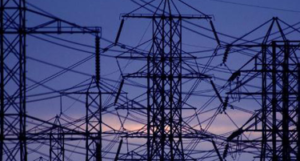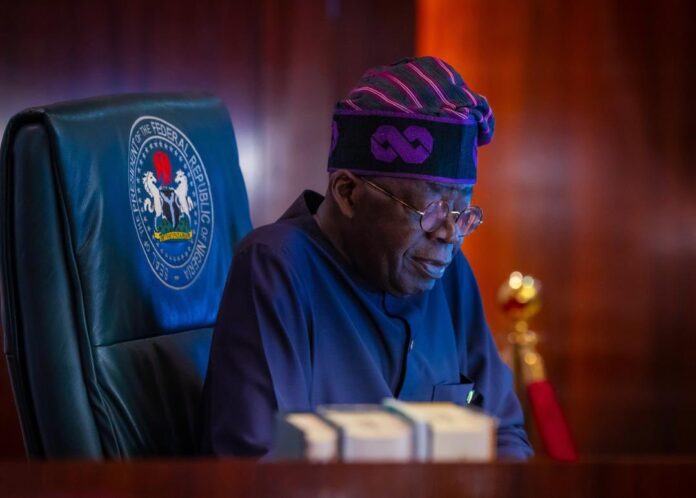President Bola Tinubu has greenlit a substantial allocation of N10 billion aimed at revolutionizing the Digital Switch Over (DSO) and enhancing the nation’s broadcasting framework.
Charles Ebuebu, the Director General of the National Broadcasting Commission (NBC), revealed this exciting news during a press conference held alongside Dr. Aminu Maida, the Vice Chairman of the Nigeria Communications Commission.
Ebuebu explained that this presidential funding comes from revenue generated through spectrum sales, intended to propel technological innovation, stimulate economic development, and enrich Nigerian culture via the DSO initiative.
He emphasized that the financial resources designated for this project would be carefully utilized to ensure that every component of the DSO Ecosystem effectively contributes to unlocking digital benefits for the nation.
“This funding exemplifies the President’s forward-thinking leadership. It reflects a pledge to create a future where every Nigerian, regardless of their geographical location, can access high-quality broadband services and actively participate in the digital economy,” he stated.

To expedite this initiative, NBC is partnering with the Nigeria Communications Commission, marking a strategic collaboration aimed at facilitating a smooth transition to digital broadcasting. This partnership underscores the NCC’s commitment to supporting this significant project and ensuring its success, according to Ebuebu.
Nigeria’s journey toward switching from analogue to the Digital Terrestrial Television (DTT) platform commenced in 2016 in Jos, Plateau State. However, this endeavour faced various hurdles as it progressed through Kano, the FCT, Lagos, Rivers, Kwara, Enugu, and Osun, ultimately stalling.
The NBC Director General noted that the presidential funds would be utilized for acquiring satellites to ensure comprehensive coverage across the nation, enabling Direct Home (DTH) broadcasting.
Other critical areas earmarked for investment include the development and management of channels that cater to a variety of content, including educational programs, children’s shows, comedy, sports, and local language broadcasts.
Further plans encompass leasing transponders and establishing a robust satellite framework to guarantee complete signal coverage nationwide, facilitating the Analog Switch Off and improving access to FreeTV services across the country.
The allocation will also support the implementation of advanced audience measurement tools, providing broadcasters and the industry with in-depth insights into viewing habits, preferences, and demographics, as well as enhancing marketing, content production studios, and acquiring hybrid Android/DTH set-top boxes with data connectivity.
Additionally, funds will be directed towards upgrading the national call centre and conducting extensive training sessions and workshops for stakeholders.
Ebuebu concluded by highlighting that embracing digital broadcasting standards would align Nigeria with international benchmarks, boosting its competitiveness and attracting foreign investment.




